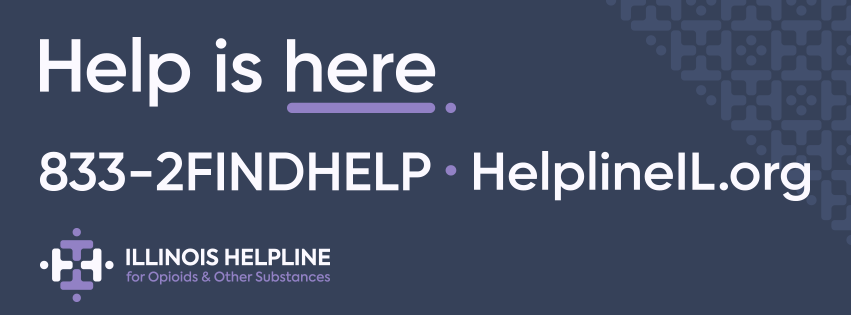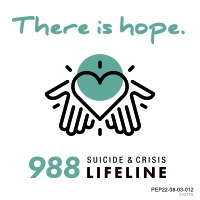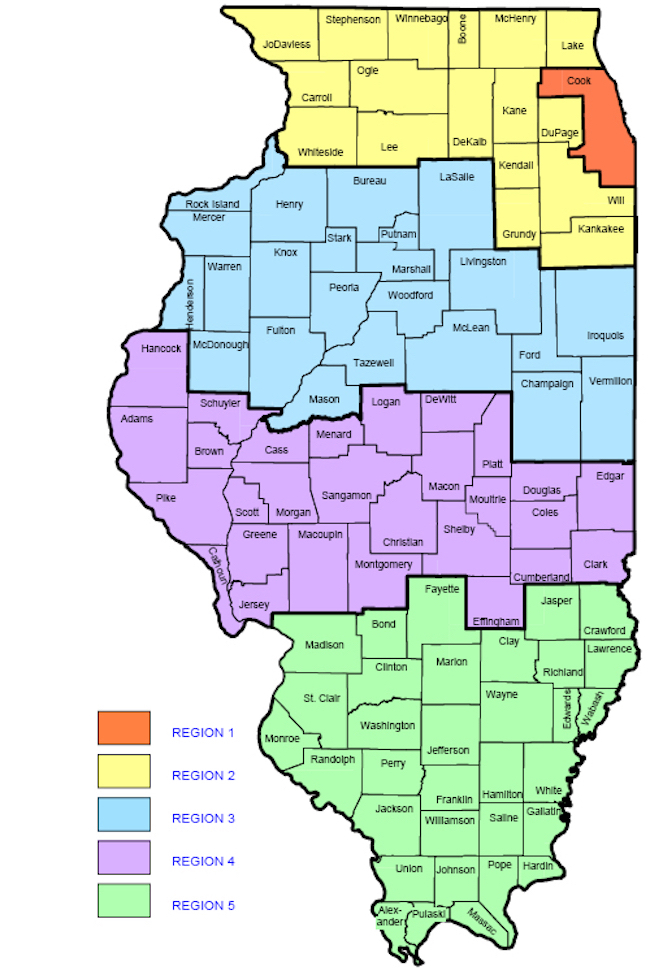The ROSC councils throughout the state of Illinois are open to all community members regardless of county they reside. To identify where the closest ROSC is supporting your community, please locate your region on the Regional Map or your county on the ROSC Council County Listing.
If you would like more information about ROSC Councils, or if you are interested in forming a ROSC Council in your area, please contact Johanna Gonzalez, IDHS-SUPR ROSC Coordinator Email Johanna Gonzalez, or the Center for Community Engagement Email the CCE.
In your email, please specify the county that could benefit from a ROSC and if or how you would like to be involved starting one. The Center for Community Engagement at Chestnut Health Systems provides technical assistance and support to community groups and coalitions across the State of Illinois, including groups seeking future ROSC funding. The county is not alone. For assistance, please contact Donna Nahlik and/or Cheyney Evans at coalitionsupport@chestnut.com.
More information is available on our Recovery Resources page Supporting Local Organizations. You are encouraged to visit other counties that have active ROSCs, Recovery Centers, and Recovery Homes for continuum of care.
ROSC Council County Listing
If you do not see your county listed above, information is available about forming a ROSC Council in your county on our Recovery Resources page
Supporting Local Organizations.
| This project is funded in part by the Illinois Department of Human Services' (IDHS) Division of Substance Use Prevention and Recovery (SUPR) Grant #43CDC00123. |



